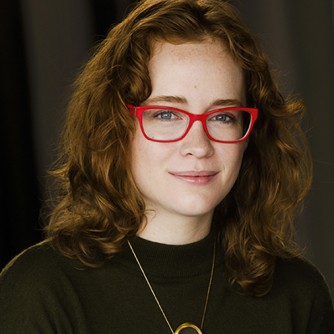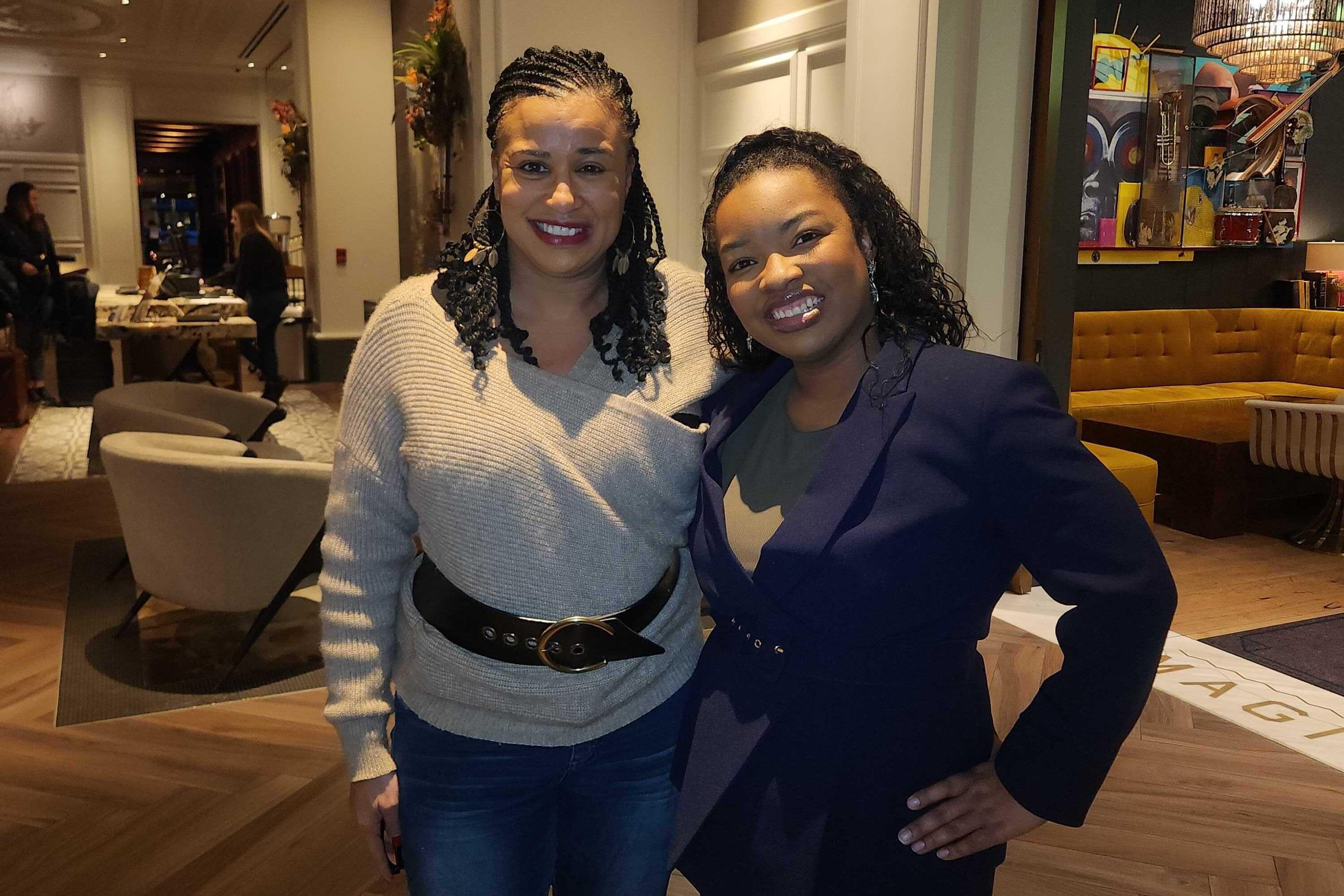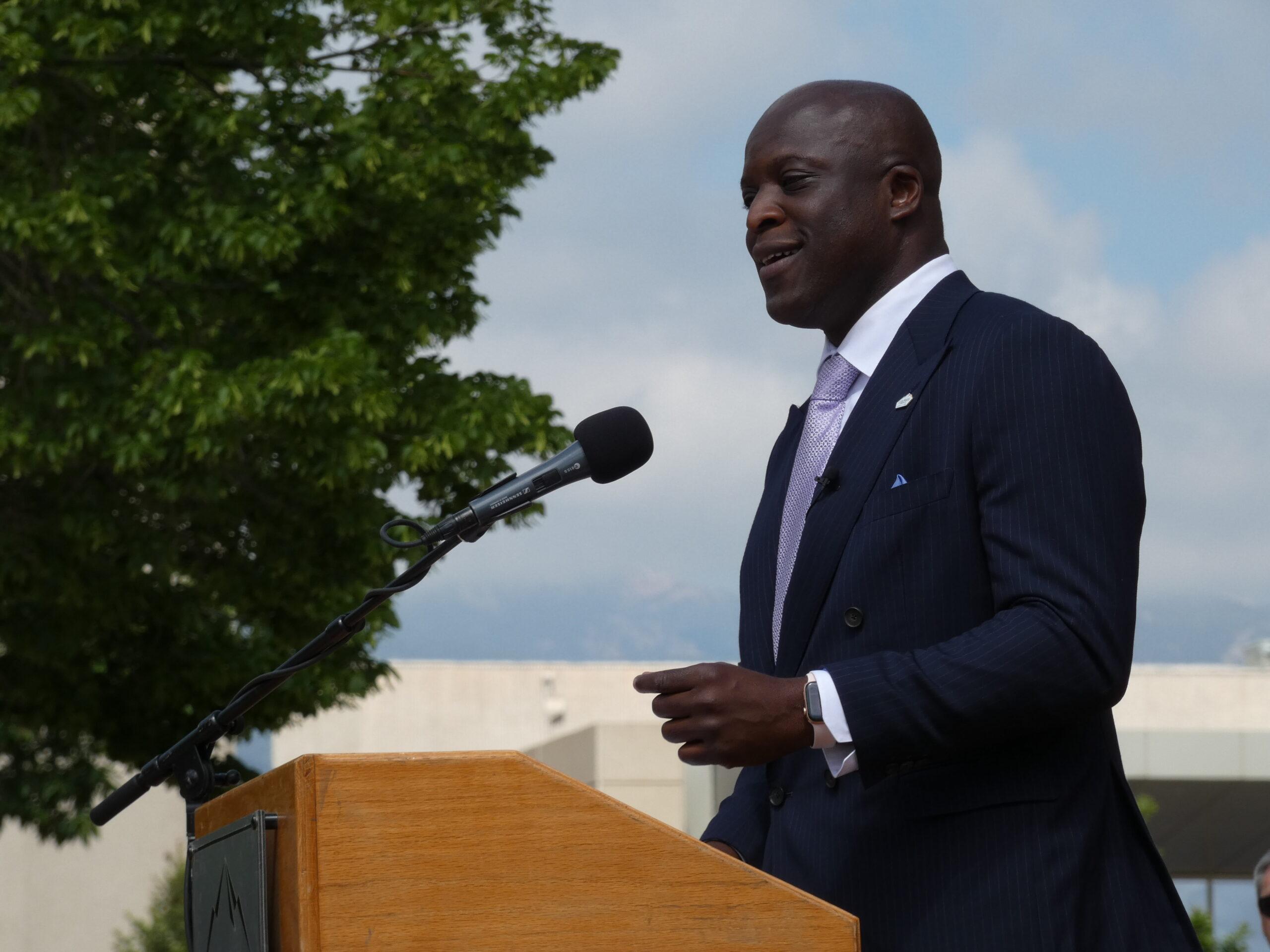Originally published on December 27, 2019 9:19 am
Feral pigs cause an estimated $1.5 billion in damage each year, especially to crops. Now concern is mounting they could be at the doorstep in parts of the Mountain West.
The pigs — which an expert at the USDA has called "one of the most destructive and formidable invasive species in the United States" — could come across the Canadian border into Montana, or traipse into Colorado from the feral pig stronghold of Texas.
"We're putting a lot of effort into not allowing them to expand," said Kurt VerCauteren, a biologist with the National Wildlife Research Center in northern Colorado. "As these populations started to grow throughout the country, it becomes more common and more of a threat, so we need to be very, very vigilant."
A recent report from the USDA's National Feral Swine Damage Management Program puts the feral swine population at six million, having expanded their range over the past 30 years from 17 states to at least 38.
In Canada, where feral pigs are now firmly established in Saskatchewan, Alberta, and Manitoba, a University of Saskatchewan researcher described wild pigs as "ecological train wrecks." A recent study conducted in Mississippi found that species diversity is 26% less in forests that have been invaded by swine.
As the Great Falls Tribune reported in November, feral pigs in Saskatchewan are "poised to make an entrance into Montana within a few years or even in the next several months."
"We have reports of swine on the northern border with potential incursions into Montana as they come down through drainages," Tahnee Szymanski, assistant state veterinarian for the Montana Department of Livestock, was quoted as saying.
Montana officials have launched a campaign called Squeal on Pigs in hopes of eradicating any swine that cross the border.
This story was produced by the Mountain West News Bureau, a collaboration between Wyoming Public Media, Boise State Public Radio in Idaho, KUER in Salt Lake City, KUNR in Nevada, the O'Connor Center For the Rocky Mountain West in Montana, and KRCC and KUNC in Colorado.
Copyright 2020 KUNC. To see more, visit KUNC.








